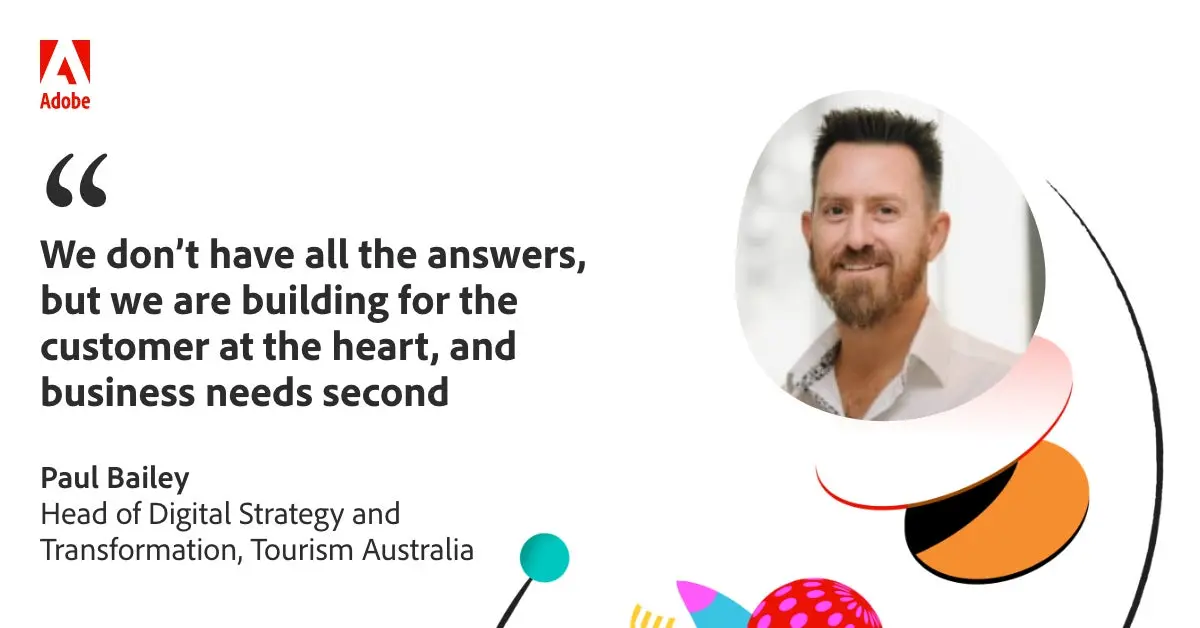What your chairman needs to know about your digital transformation: Data strategy and governance

Digital transformation has rendered governance and data stewardship considerations substantially more material to the sustainable value creation that is key to most companies’ success, forcing boards to re-examine their corporate data and governance practices.
This is hampered by relatively low rates of digital literacy among board directors.
Digitally savvy executives — particularly CMOs, CIOs and their trusted partners — are uniquely positioned to influence these conversations by providing opportunities for board directors to become better informed about the data strategy, stewardship and governance measures that need to underpin any successful digital transformation.
A rigorous approach to data governance
The non-financial risks associated with digital and analytics transformations are broad, encompassing data security associated with changes in data flow both within and across organisations, privacy concerns related to the delivery of a more personalised customer experience, infrastructure issues and changed ways of working.
While infrastructure and data security tend to be the domain of the CIO, marketers are called upon to balance the commercial requirements of the business to utilise and derive actionable insights from customer data in line with customer expectations that their data will be treated with respect.
Inherent to this is oversight of customer privacy, ensuring the development of transparent privacy policies that customers can understand and self-manage, as well as the use of technology to help manage data compliance.
Also critical is informing the board about privacy-related risk exposure, such as looming regulatory change in markets around the world and consequent moves by big tech players such as Google and Apple to limit the ability of brands to track prospects and customers using third-party cookies.
For many brands, these moves will have “a material business impact, potentially resulting in revenue loss and more than likely resulting in a completely different way of operating,” according to Association for Data-driven Marketing and Advertising Chief Executive Andrea Martens. “This is an opportunity for marketers to mitigate risk for their businesses and guide their boards through this time.”
The importance of a first-party data strategy
While the approaches, announcements and timelines floated by big tech players on this issue have been unpredictable, with Google recently announcing it would delay the planned deprecation of cookies by two years to mid-2023, it’s very clear that a first-party data strategy that enables organisations to build long-term value from data they own — with the permission of their customers — is not only a necessary foundation of a robust marketing strategy but an essential risk hedge in a volatile environment.
According to Nick Barnett, Westpac’s former Director of Digital and Media Technology turned independent advisor, marketers must continue to emphasise to boards the importance of phasing out reliance on third-party cookies. He recommends adopting a five-point plan that includes first-party data targeting and retargeting, personalisation, suppression of wasted spend, increased investment in analytics and a focus on risk and compliance.
Our customer, Tourism Australia, achieved board-level buy-in and investment in the development of an industry-wide unique customer identifier as it prepares for a cookieless digital future by educating its board on its first-party digital customer strategy.
According to Paul Bailey, Head of Digital Strategy and Transformation, it’s essential to balance the use of customer data with transparency and consumer control. “We don’t have all the answers, but we are building for the customer at the heart, and business needs second.”
An ethical lens on data governance
While leadership teams are preoccupied with the day-to-day, boards may see issues such as privacy policy and the application of artificial intelligence to customer data through a longer-term ethical lens.
Bailey says the onus is on marketers to stay ahead of regulatory guidelines and act ethically when it comes to data governance and digital transformation in this new era of customer experience.
“If we look at the guardrails and go, ‘How are we better’ or ‘How do we have more empathy for the customer,’ we’ll be better at what we do,” Bailey said. “We should lean into [privacy considerations] as brands and as marketers.”
While boards that fully understand how to wield the power of digital transformation are not yet as commonplace as they should be, boardroom digital literacy is a significant driver of corporate growth.
Marketers and other digitally savvy executives are well-placed to initiate the boardroom conversations that can make all the difference.
Discover how first-party data can deliver first-rate experiences. Prepare for a world beyond third-party cookies now.
Source : Adobe









